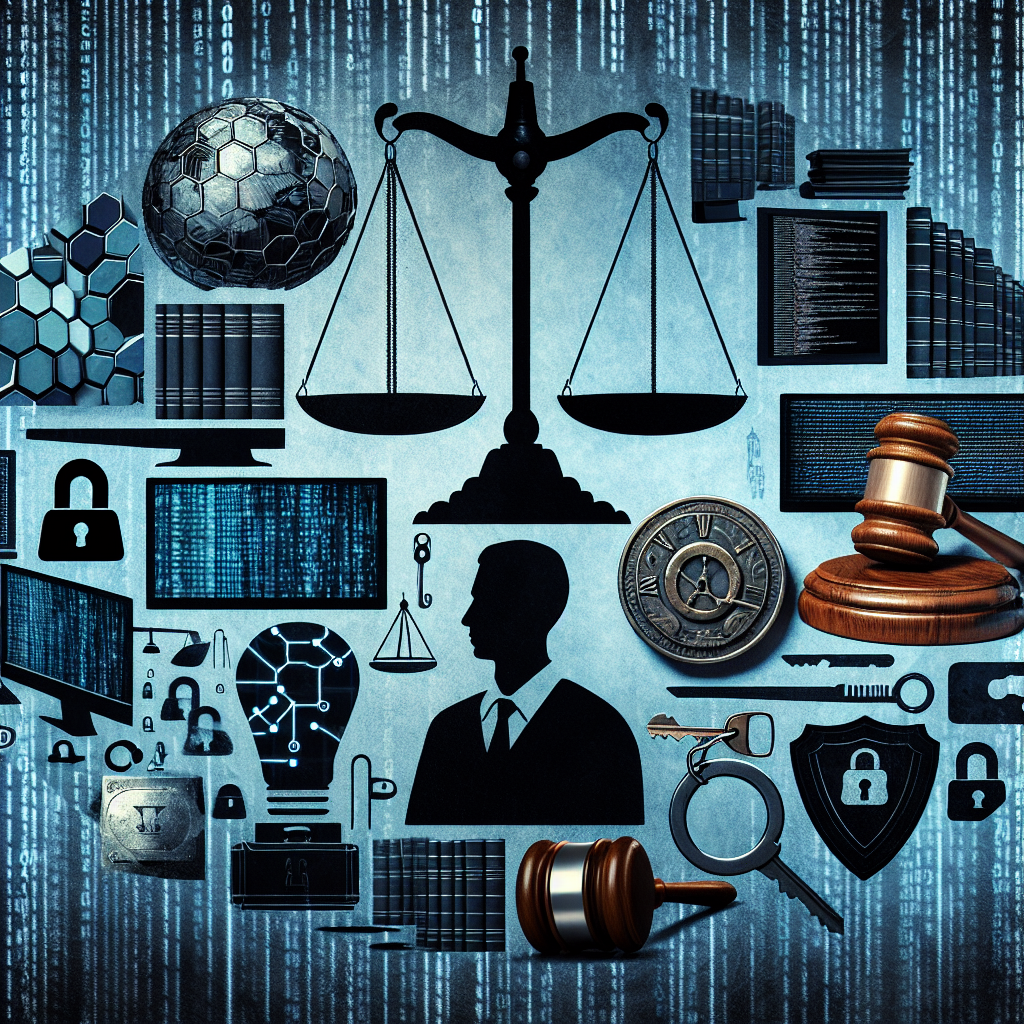Legality of Browsing the Deep Web

The deep web, often misunderstood and shrouded in mystery, refers to parts of the internet that are not indexed by traditional search engines like Google or Bing. This includes a vast array of content, from academic databases to private corporate sites, and yes, even illicit marketplaces. As curiosity about the deep web grows, so does the question of its legality. This article aims to clarify the legal landscape surrounding deep web browsing and provide insights into what users should be aware of.
Understanding the Deep Web
Before delving into legality, it’s essential to understand what the deep web encompasses. The deep web is often divided into two categories:
- Legal Deep Web: This includes databases, subscription services, and private networks that require authentication. Examples include:
- Medical records
- Academic journals
- Corporate intranets
- Illicit Deep Web: This segment contains illegal activities, such as drug trafficking, weapons sales, and other criminal enterprises. Notable examples include:
- Silk Road (now defunct)
- Darknet marketplaces
Is Browsing the Deep Web Legal?
In general, browsing the deep web is legal. However, legality hinges on the content accessed and the activities conducted. Here are some key points to consider:
- Accessing Legal Content: Most of the deep web consists of legal content. Accessing academic databases or private forums is perfectly legal.
- Engaging in Illegal Activities: Participating in illegal activities, such as purchasing drugs or weapons, is against the law, regardless of whether it occurs on the deep web or the surface web.
- Use of Anonymity Tools: Many users access the deep web using tools like Tor to maintain anonymity. While using Tor is legal, engaging in illegal activities while using it is not.
Legal Consequences of Deep Web Activities
While browsing the deep web itself is not illegal, certain actions can lead to severe legal consequences. Here are some potential risks:
- Criminal Charges: Engaging in illegal transactions can result in criminal charges, including fines and imprisonment.
- Cybersecurity Risks: Accessing certain areas of the deep web can expose users to malware and hacking attempts, leading to identity theft or financial loss.
- Law Enforcement Scrutiny: Law enforcement agencies monitor deep web activities, especially in known illicit marketplaces. Users may find themselves under investigation if they engage in suspicious behavior.
Staying Safe While Browsing the Deep Web
If you choose to explore the deep web, it’s crucial to prioritize safety and legality. Here are some tips:
- Use a VPN: A Virtual Private Network (VPN) can add an extra layer of security and anonymity.
- Avoid Illegal Content: Steer clear of any sites that promote illegal activities.
- Educate Yourself: Understanding the risks and legal implications can help you navigate the deep web safely.
Conclusion
In summary, browsing the deep web is legal as long as users engage with lawful content and refrain from illegal activities. The deep web offers a wealth of information and resources that can be beneficial for research, education, and privacy. However, it is essential to remain vigilant and informed about the potential risks and legal ramifications associated with certain actions. By understanding the landscape of the deep web, users can explore its depths safely and responsibly.
For more information on the deep web and its implications, you can visit Investopedia.